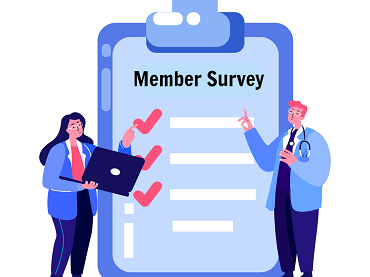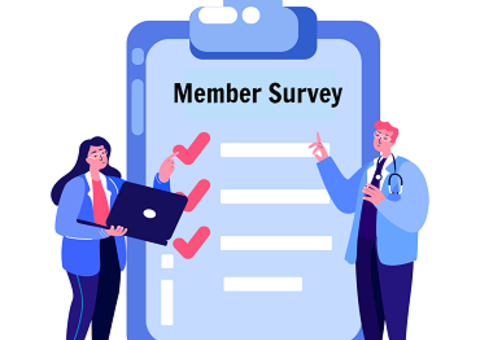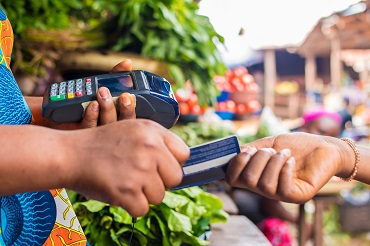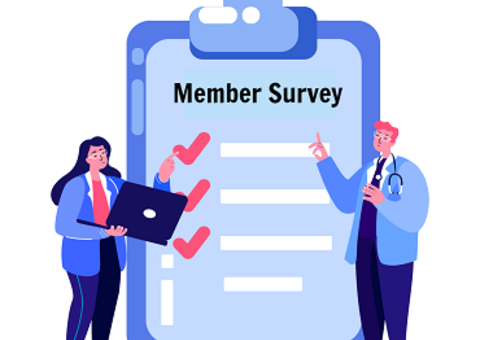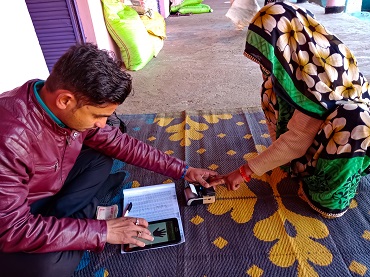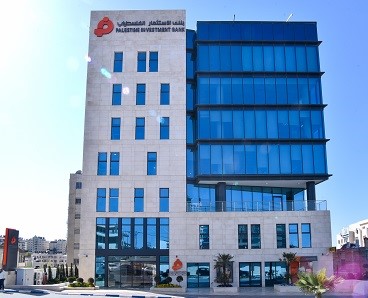Blog
Beyond Finance: What Alibaba and Ant Financial Can Teach Us About Responding to COVID-19

Virtual Roundtable Summary
“Never was anything great achieved without danger.” Niccolo Machiavelli.
Machiavelli’s words must vividly resonate among many CEOs who now face the tremendous challenges posed by COVID-19. The pandemic has unleashed a massive economic shock wave which has already overwhelmed innumerable SMEs globally. Rather than sitting on the sidelines, many tech and fintech players have decided to position themselves at the forefront of the fight against the virus. In particular, some companies have not hesitated to face the danger head-on with the fierce conviction that their innovative and collaborative efforts will ultimately have a greater impact on the disrupted SME ecosystem.
As part of a weekly webinar series on COVID-19 mitigation efforts, the SME Finance Forum hosted a virtual roundtable on Alibaba and Ant Financial: Integrating market and financial assistance. Brian A. Wong (Vice President, Global Initiatives at Alibaba Group) and Meng Yan (Global Head of International Partnerships at Ant Financial) discussed their institutions’ experience and practices, with Momina Aijazuddin (Global Head of Microfinance/Financial Inclusion at the IFC) and Bodo Lieberam (CEO of Microcred China/Baobab) participating as discussants to share their perspectives with one common goal in mind: how to effectively leverage technology in response to the pandemic?
Brian Wong presented the “Tao” of Alibaba which is at the core of the organization’s business strategy to activate its entire community in the wake of the outbreak. Acting as an ecosystem of businesses around the digital economy infrastructure, Alibaba has galvanized its many companies to respond proactively and assertively to the socio-economic blow of COVID-19. Brian stressed the importance of shared learning in helping SMEs overcome this acute crisis and the Alibaba Global Initiatives (AGI) has been running three training programs to share best practices and empower business executives in the battle against the pandemic. This educational approach has already borne fruit across the world with numerous entrepreneurs proactively putting their new knowledge into practice in countries such as Malaysia, Indonesia, Nigeria, and Rwanda. Brian concluded that AGI will be releasing an entrepreneur guide entitled “Digital Action in the Age of COVID-19: Key Learnings from Alibaba” which can be now be downloaded here.
For Ant Financial, an affiliated company of the Alibaba group, their role has been innovative and truly responsive to the needs of clients in China. Ant Financial’s identity as a tech company that provides financial services has facilitated its ability to think expansively about its role in mitigating the impact of COVID-19. Ant Financial very quickly surveyed more than 20,000 MSME clients in order to craft a timely response that would best address the MSMEs’ main concerns - among them “lack of market demand”, “fixed cost and expenses” and “tight cash flow”.
After identifying the most urgent needs, Ant Financial designed and implemented a three-stage action plan. The first step saw the fintech company immediately provide financial assistance to Hubei. Specifically, MYbank - the online SME bank under Ant Financial - reduced interest rates by 10-20% for 1.5 million mom & pop shops as well as 300,000 medical supply dealers nationwide. During the second phase, Ant Financial launched a special lending program to facilitate credit access for small and micro e-commerce merchants. Lastly, MYbank and All-China Federation of Industry and Commerce initiated a campaign called “Contactless Loans” to support 10 million SMEs, individual businesses and farmers and facilitate their digital transformation. Meng Yan emphasized the vital role played by SMEs in China’s economy, as they account for 50% of taxes, 60% of GDP, 70% of technological innovations, and 80% of jobs.
“All for one and one for all, united we stand divided we fall.” Brian Wong and Meng Yan both embraced this maxim and emphasized the need for collaborative efforts across all sectors. While AGI has successfully managed to build a strong community of digital businesses, it has also been cooperating with organizations such as UNCTAD, Obama Foundation, and World Economic Forum. Such public-private partnerships have indisputably contributed to broadening and strengthening COVID-19 mitigation efforts. Similarly, Ant Financial crowdsourced new apps on top of their Alipay platform to help deal with the crisis, resulting in over 600 million people using over 180 mini-programs reducing nearly 90 million outside activities. This led to comments from attendees on the importance of going beyond finance and as one stated: “finance is just the platform, used to deliver goods and services in the real world”. Ant Financial also joined forces with financial institutions and local governments to expand collateral-free SME lending and boost E-voucher distribution.
Finally, discussant Momina Aijazuddin underscored one critical point: COVID-19 will inevitably force the widespread digitization of financial services in the long term. But how fast can SME lenders move to online operations? As discussant Bodo Lieberam pointed out, Microcred China did not wait for the COVID-19 storm to pass to digitize some of their services. For instance, the MFI quickly switched from paper to electronic contract signing via WeChat. All speakers were unequivocal: this digital transition has the potential to considerably mitigate the adverse effects of the ongoing pandemic. One statistic underscores this point brilliantly: “every 1% increase in digital lending helps reduce by 2.57% the negative impact of COVID on the real economy” (Peking University Digital Finance Research Center).
Learning. Collaboration. Digitization. These are three powerful tools at the disposal of the SME lending community in the midst of the COVID-19 pandemic. Used strategically, these methods could ensure business survival for affected SMEs, and could also eventually accelerate their recovery and bring long-lasting changes to the industry as a whole.
For details on upcoming virtual roundtables, visit this link.





